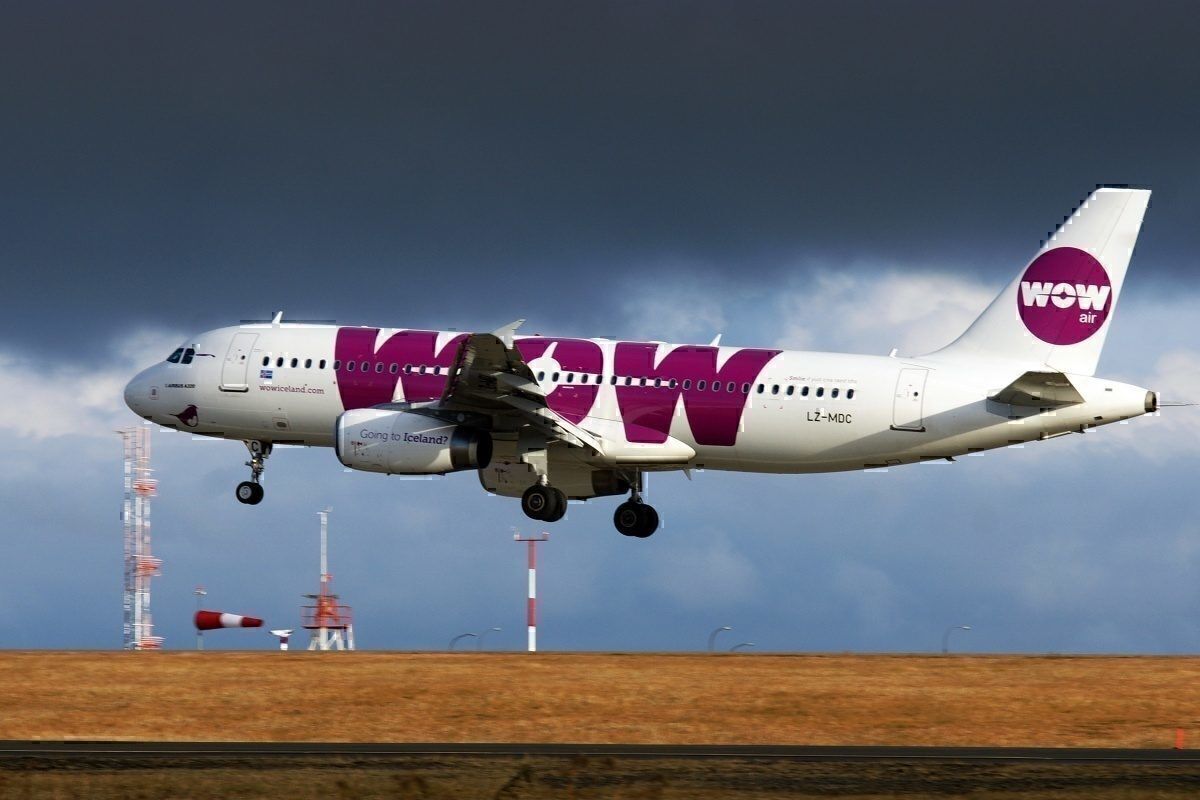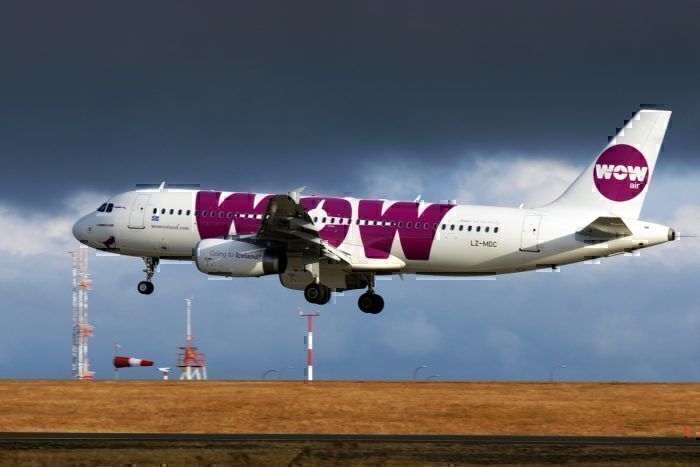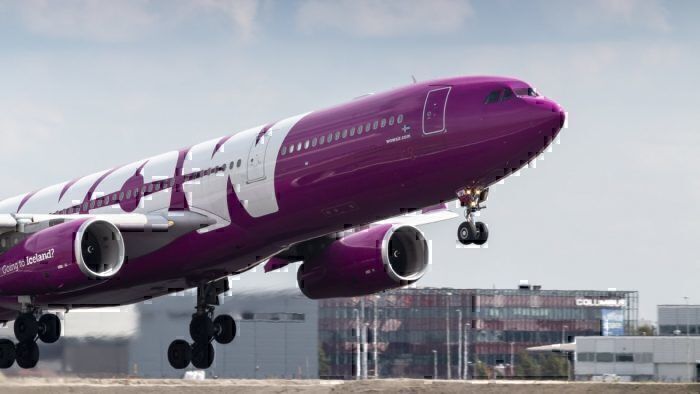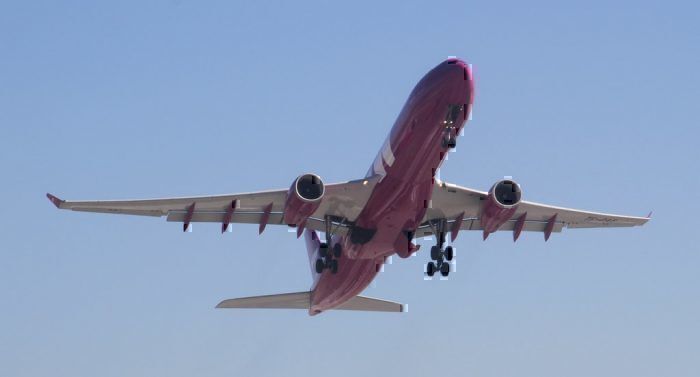Earlier this week, a report came out in the Icelandic media that bankrupt airline WOW Air is facing an administrative fine of $30 million (3,798,631,250 Icelandic krona). This is because of the negligence of the air operator to pay emission allowances for 2018. According to news site Kjarninn, this is the largest fine ever imposed by the Environment Agency.
First announced by Umhverfisstofnun (Iceland's equivalent of the Environmental Protection Agency), the announcement states that the final date for settling their "emissions allowances" was April 30th, 2019. However, the date came and went without any submission from WOW Air. This was probably due to being bankrupt and not flying passengers anymore.
As a member of the European Union's Trading Scheme (ETS), Iceland commits to reducing greenhouse gas emissions from industrial activity and its aviation sector. The basic principle is that those who release more emissions than expected should purchase additional allowances.
Regulatory policy
The Environment Agency states that the fine is statutory and corresponds to €100 for one "emission allowance". And one emission allowance is currently equivalent to one tonne of CO2.
According to WOW Air's certified emissions report, total emissions for 2018 were 278,125 tonnes of CO2. In addition to the fine, it is also necessary to pay for new emission allowances corresponding to emissions from the carrier's operations in 2018. The imposition of the administrative penalty was in accordance with Article 43. Act no. 70/2012 on climate change and Directive 2003/87/EC of the European Parliament.
Umhverfisstofnun's press release states that the estate of WOW Air can appeal the decision to the Ministry of the Environment within three months of its receipt.
The ETS
The EU Emissions Trading Scheme (ETS) has been in place within the EU since 2005. The trading scheme is one of the main policies in place to limit and fight climate change. At the same time, the ETS also aims to generate economic incentives to reduce greenhouse gas emissions in the EU.
The ETS has changed significantly since it was first introduced. Primarily, its scope was made broader. As a result, since January 1st, 2012, all flights within the EEA have been included within the scope of the system. A year later the system saw expansion. It now includes more types of local industrial activities and more types of greenhouse gases.
WOW Air's collapse
WOW Air was one of two major airlines operating in Iceland - the other being Icelandair. The now bankrupt WOW Air put a stop to operations on March 28th. Liquidation came shortly after.
Many of the airline's aircraft were repossessed close to the end of its operations, while one of their Airbus A330 aircraft went back to its leasing company. That plane, TF-GAY is said to be going to Turkish Airlines.
In the aftermath of the airline's collapse, Iceland's economy has shrunk. According to Bloomberg, the Central Bank of Iceland had predicted that the economy would grow by 1.8% before the airline folded. The prediction is now a decrease of 0.4%.




